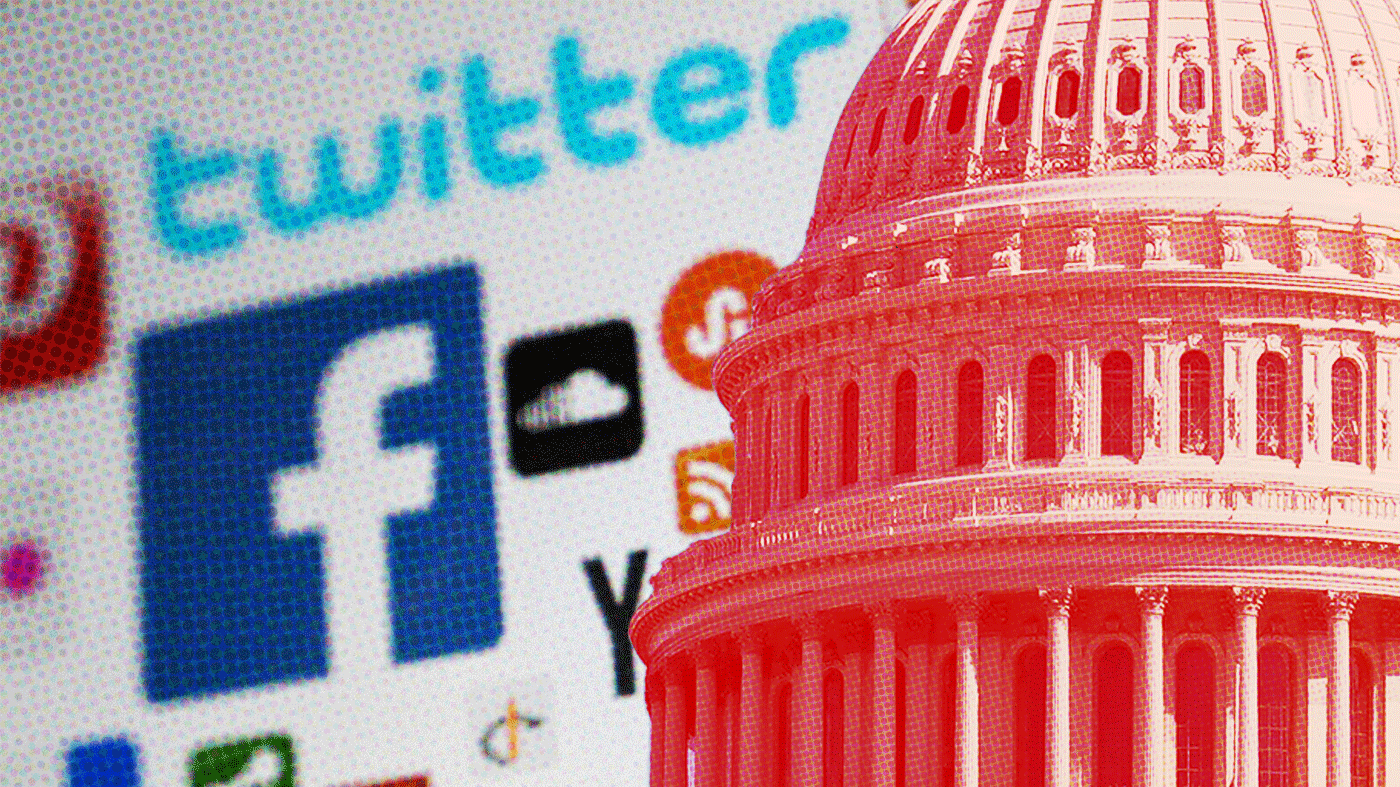Antitrust cases have been a hot topic of discussion in the tech world lately(and for good reason). With major ongoing cases against tech giants including Alphabet, Amazon, Apple, Facebook, and Microsoft, governing bodies in the US and abroad are taking a stand against antitrust behavior in big tech. The U.S. has signaled its intention to pursue such cases, with President Biden appointing Lina Khan, known as a proponent for regulation of tech firms, as chair of the Federal Trade Commission in 2021. Similarly in the EU, regulators are planning on establishing a 40-person antitrust team to enforce the Digital Markets Act, passed in 2022 to ensure digital markets remain fair and open. India is increasingly getting involved in similar antitrust regulation, with the Competition Commission of India ruling against Google in 2022 for abusing its dominant position in the smartphone software market, requiring Google to pay fines of $161M. Below, we deep dive into some of these ongoing antitrust cases in big tech.

One ongoing lawsuit drawing attention is the DOJ’s case against Google for “monopolizing digital advertising technologies through serial acquisitions and anticompetitive auction manipulation, specifically with its ad exchange and publisher ad server. The DOG alleges that “Google has engaged in a course of anticompetitive and exclusionary conduct that consisted of neutralizing or eliminating ad tech competitors through acquisitions; wielding its dominance across digital advertising markets to force more publishers and advertisers to use its products; and thwarting the ability to use competing products”. By their own estimation, Google pockets on average 30% more ad dollars that flow through their digital ad tech products compared to competitor products. Due to this behavior, the US government is threatening to force Google to sell part of its ad tech unit, which makes up 12% of the company’s overall revenue.
Amazon
Another recent case that has captured public attention is Amazon’s $3.9 billion acquisition of primary care provider One Medical. In February 2023, the FTC decided not to block the deal, which it had been reviewing since the acquisition was announced in July 2022, although it is not ruling out a future challenge. According to FTC spokesman Douglas Farr, “The commission will continue to look at possible harms to competition created by this merger as well as possible harms to consumers that may result from Amazon’s control and use of sensitive consumer health information held by One Medical.” The FTC’s worries stem from concern with Amazon sharing consumers’ personal health information for advertising purposes without their consent.
Apple
Apple has also recently been under intense scrutiny by the DOJ in regards to Apple’s policies for third party apps on its devices. While no suit has yet been filed by the Justice Department, Apple has been under investigation since 2019 over antitrust issues. The DOJ alleges that Apple has abused its dominant position in the market to limit competition from smaller tech companies and app developers by using their App Store and Apple-controlled payment systems on its devices to squeeze out smaller software developers. Last year, Epic Games sued Apple for these allegedly harmful practices. It was ultimately ruled that while Apple is not a monopolist, they need to allow third-party payment systems to increase access to third-party developers.
